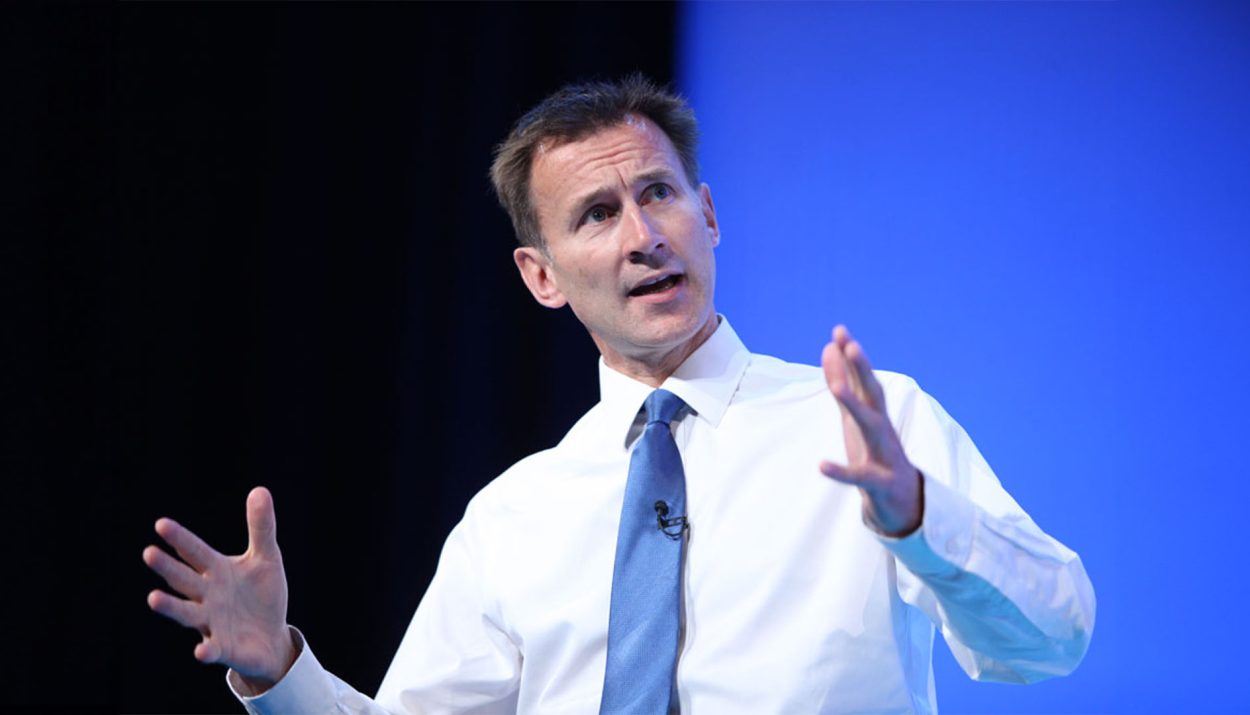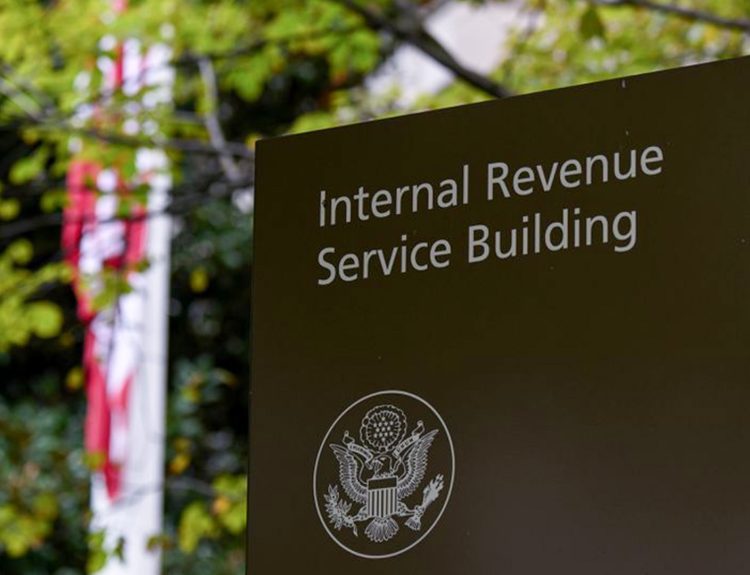Jeremy Hunt, the Chancellor, recently gave a shocking announcement that rocked the property investment world. This will require landlords to pay hundreds of pounds more when they sell up, as it is a stealth tax raid. It has been interpreted with disbelief and worry among many landlords who may see their profits shrink and be discouraged from investing in the rental market.
Capital Gains Tax Reduced
According to a recent budget statement by Jeremy Hunt, he would reduce the higher rate of capital gains tax (CGT) from 28% to 24%.

Initially, this brought relief to landlords as it meant that they could expect a decrease in their computeable amount of tax on property sales. However, much then remained unclear about this declaration.
The Hidden Catch Of The Announcement
The annual personal capital gains allowance which is how much you can make selling your property before you have to pay CGT dropped from £12k last year to £6k this financial year and will go down further to £3k in 2024-25.
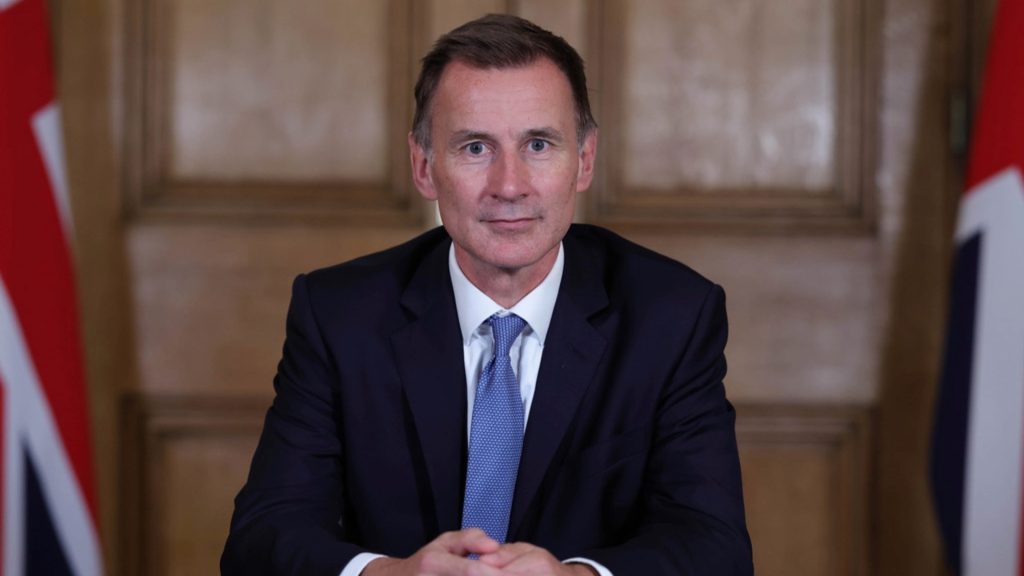
It means that any increase in value of their buy-to-let home above £3k will now give rise to a tax liability for owners hence most landlords can end up remitting more revenue back to government when they sell their properties.
A Reduction in Tax-Free Allowances
It creates significant implications for landlords by changing capital gains tax rates and reducing non-taxable allowances or thresholds. For a landlord to incur an obligation following sale of his/her asset upon return must exceed only £3k.
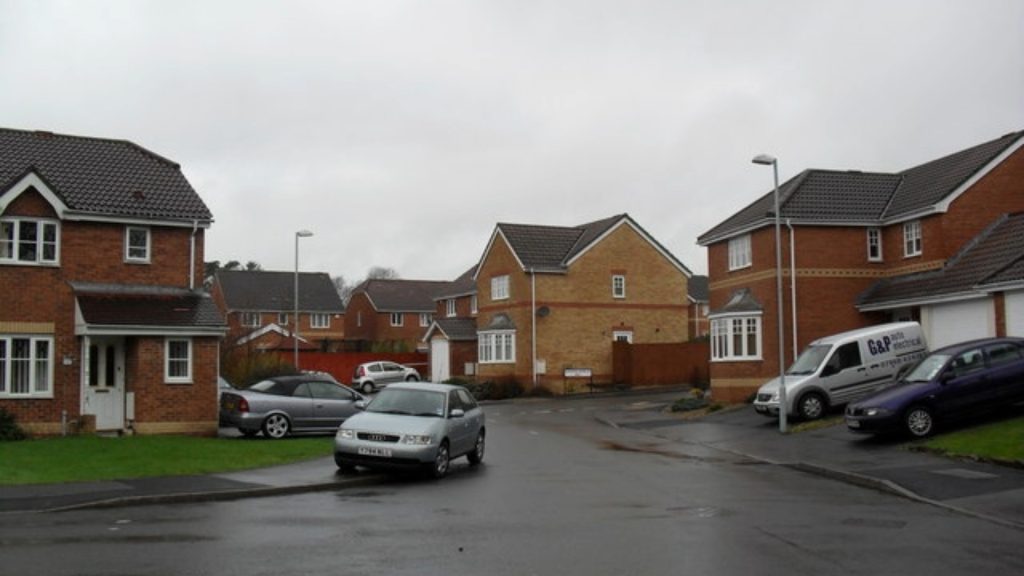
Even relatively small increases in house prices mean large sums for landowners’ taxes; therefore discouraging them from purchasing houses or pushing them into selling while prices were still low.
What Will The Impact on Landlords Be?
The cost of it in real terms for landlords is substantial. According to analysis by estate agency Hamptons, all buy-to-let landlords who pay at a lower rate of tax will face higher capital gains tax bills when they sell their properties.
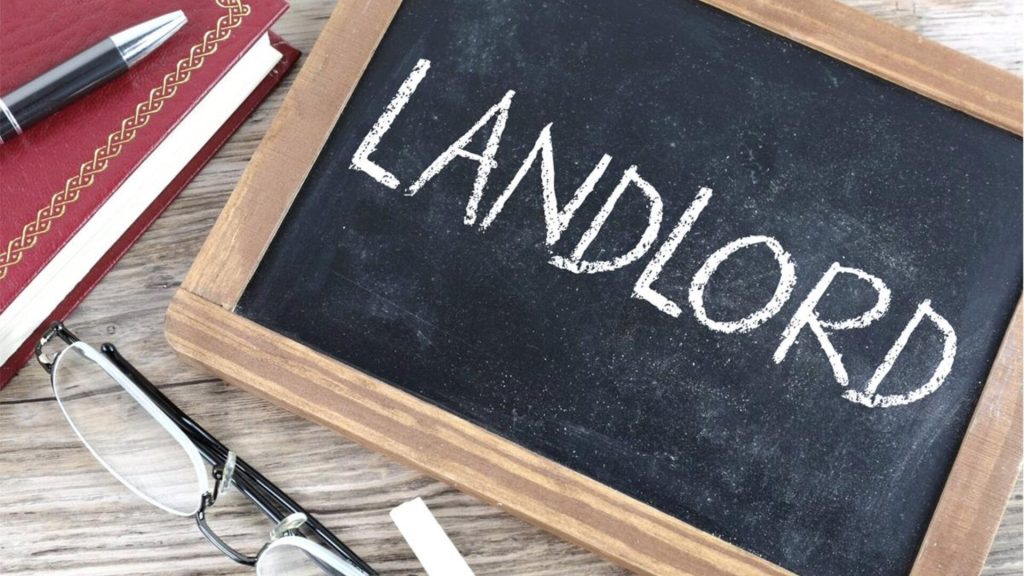
Their average additional bill is £1,674 greater than the one from two years ago. This marks an increase in the cost of disposing off a building and which may erode the profits that are made by investment property owners.
Landlords Will Carry The Extra Weight
The real cost to landlords is substantial. According to analysis from estate agency Hamptons, all lower-rate tax paying landlords will pay extra capital gains tax on property sales.
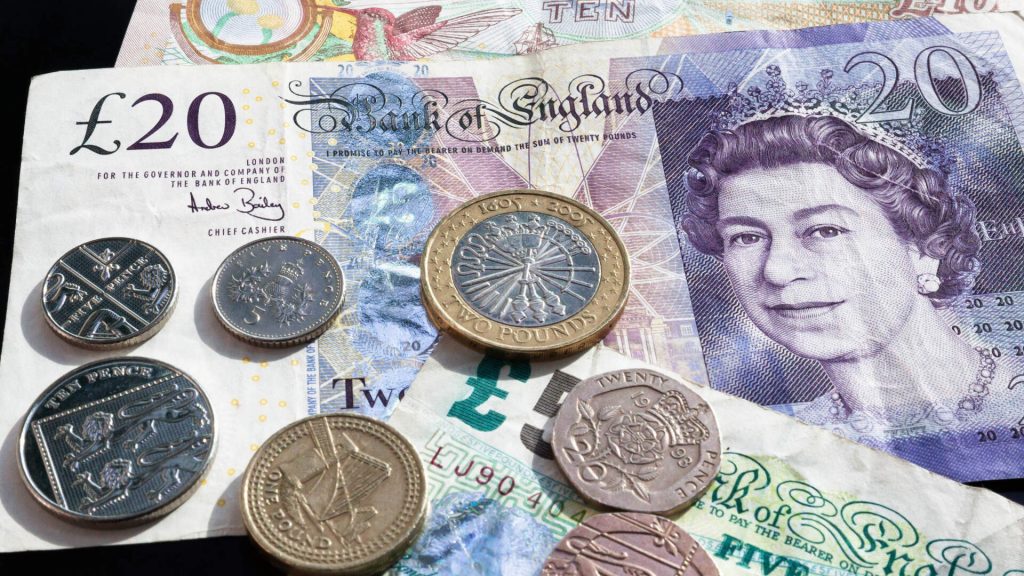
With an average extra bill of £1,674 compared to what they would have faced two years ago. This represents a significant increase in the cost of selling a property and could eat into the profits that landlords make from their investments.
The Effect on Higher-Rate Tax Payers
It also affects those in a higher tax bracket. Besides this almost nine out of ten people whose property rental is subject to the top rate will incur larger income taxation up to £454 each time they sell a house or flat if compared with what used to be the case previously.

Such changes even affect high-rate taxpayers who are landlords and can decrease their profits as well as make them abandon plans for acquiring new houses for rent.
Changes Will Discourage New Investors
The people that will be most affected by these changes are those whose investments produce the least profits. These usually include young people born around the turn of the century who have witnessed fewer price appreciations or vendors of less costly homes in cheaper parts of the nation.

Such property owners who currently work on minimal margins would be hit hardest by this shift. This could discourage new investors from coming into the market and affect the growth in supply of rental housing.
Newer Investors Will Be Hardest Hit By Changes
The changes to capital gains tax and the reduction in the allowances for tax-free will have a huge impact on young investors. These ones usually are millennial investors that have seen lower rates of price growth or those selling cheaper homes at less expensive ends of the country.

These landlords, who already operate on slimmer margins, would be hit hardest by these changes. This could discourage new investors from entering the market and may result in a decrease in rental property supply.
The Benefit to Older Investors
On the other hand, old investors are more likely to benefit from this tax cut because they have been landlords for much longer therefore, their gains were higher as compared to others.
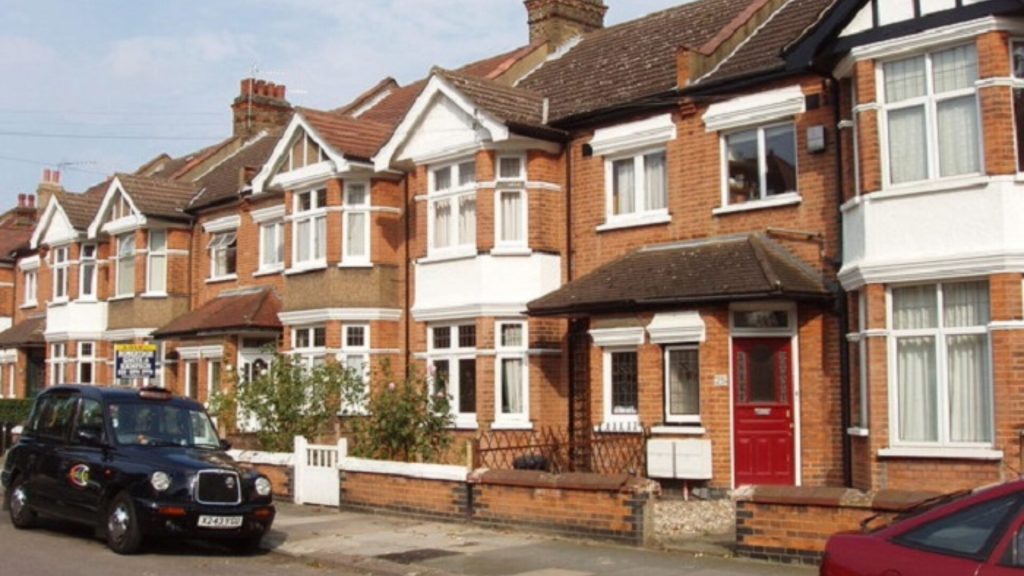
Those landlords having had considerable appreciation in prices over time can leverage reduced capital gain tax rate during their property divestment. This could encourage older landlords to sell their properties and could lead to an increase in the supply of properties on the market.
What Justification Does The Chancellor Have?
To announce his change, Mr.Hunt stated cutting down the higher rate of CGT would stimulate more market activity and ultimately raise more revenue for The Treasury. The Chancellor argued that reducing the higher rate of capital gains tax would bring about increased revenues due to larger sales deals being made.
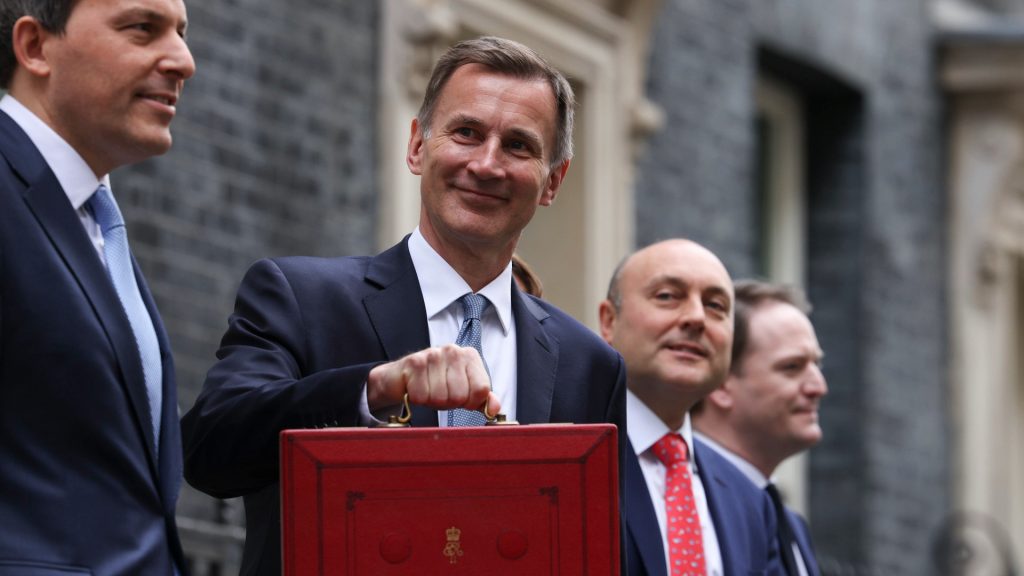
In addition, he noted that such measures still provide UK with more generous allowances overall than other countries like Germany, Ireland France and Canada when combined with dividend allowance.
Landlords Can Be Expect To Pay Much More Taxes
Most Landlords exiting this year will be paying much more taxes than two years ago not less than before. This might dissuade landlords from selling their properties hence reducing supply into other markets where buyers expect them more often than not at the best available terms for sellers.

This will discourage potential buyers from looking for cheaply priced rentals at affordable levels thereby outpricing sought-after low-income neighborhoods located close to universities.
The Effect on the Housing Market
The changes to the capital gains tax and the reduction in tax-free allowances could have a significant impact on the housing market. This therefore can discourage landlords from selling their properties hence decrease the supply of properties available for sale.

Many believe that this will act as a disincentive for landlords thereby declining the number of landlords that sell off their property. This could potentially lead to a shortage of rental properties, which could push up rents and make it more difficult for people to find affordable housing.
Treasury States That Tax Bills Will Be Cut
In response, a Treasury spokesman said: “Capital gains tax changes made at Spring Budget mean that over 100,000 higher rate taxpayers will see their bills cut by £2,600 on average, encouraging sales and bringing more homes to the market.”
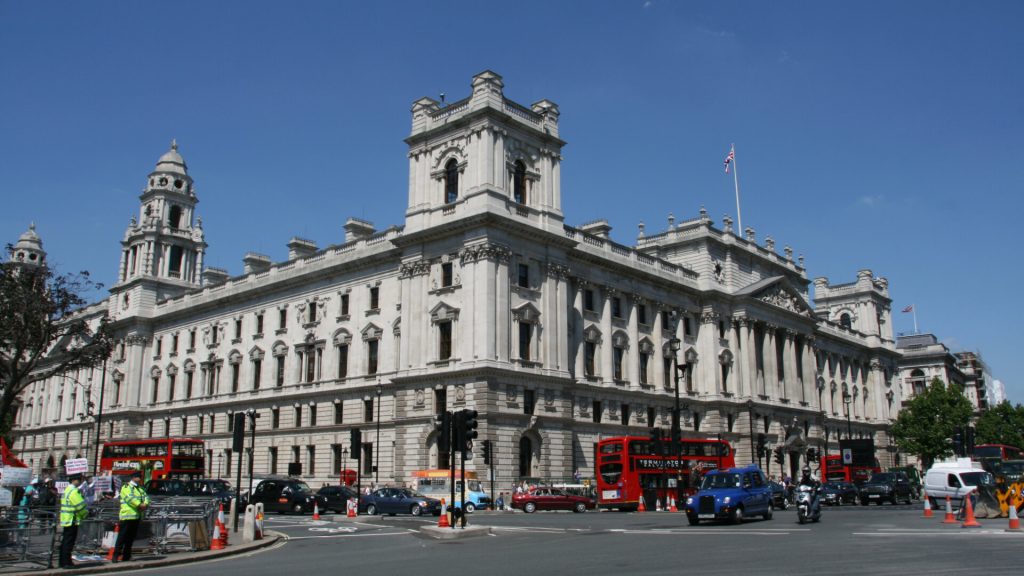
The Treasury thus appears to believe these measures will increase home supply and stimulate property purchases. However, this view is not shared by all, with many believing that the changes will act as a disincentive for landlords.
The Effect Of The Chancellors May Be Opposite Of It’s Intentions
While the Chancellor’s intentions may have been to stimulate the market and increase revenues, the stealth tax raid on landlords may have the opposite effect.
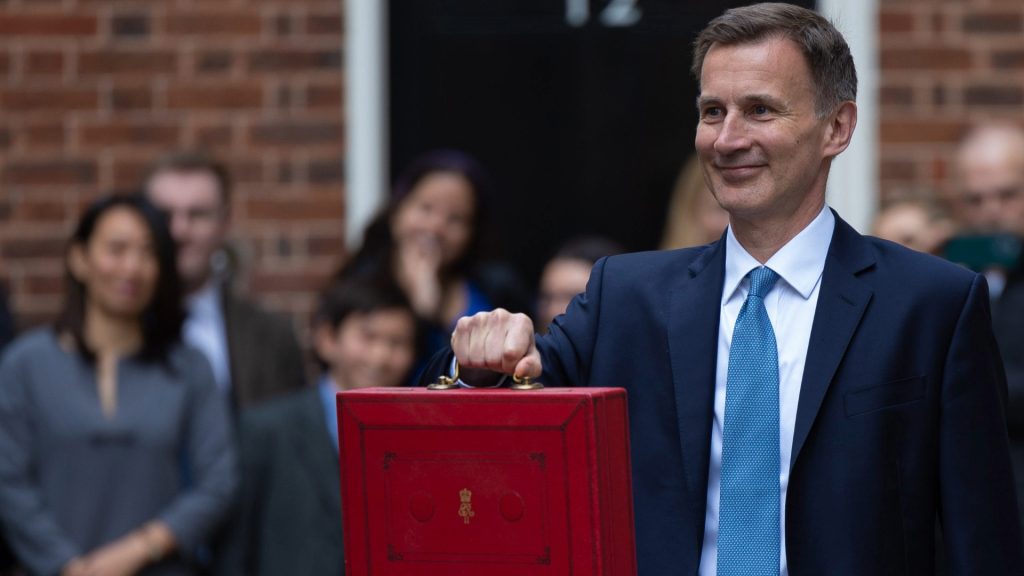
The changes to the capital gains tax and the reduction in tax-free allowances could discourage landlords from investing in property and could lead to a decrease in the supply of rental properties. This could have a significant impact on the housing market and could make it more difficult for people to find affordable housing.

